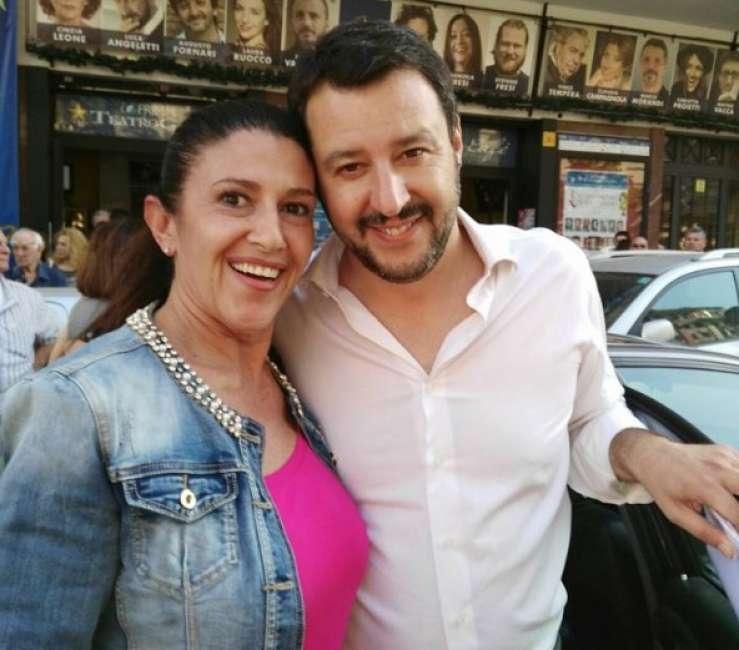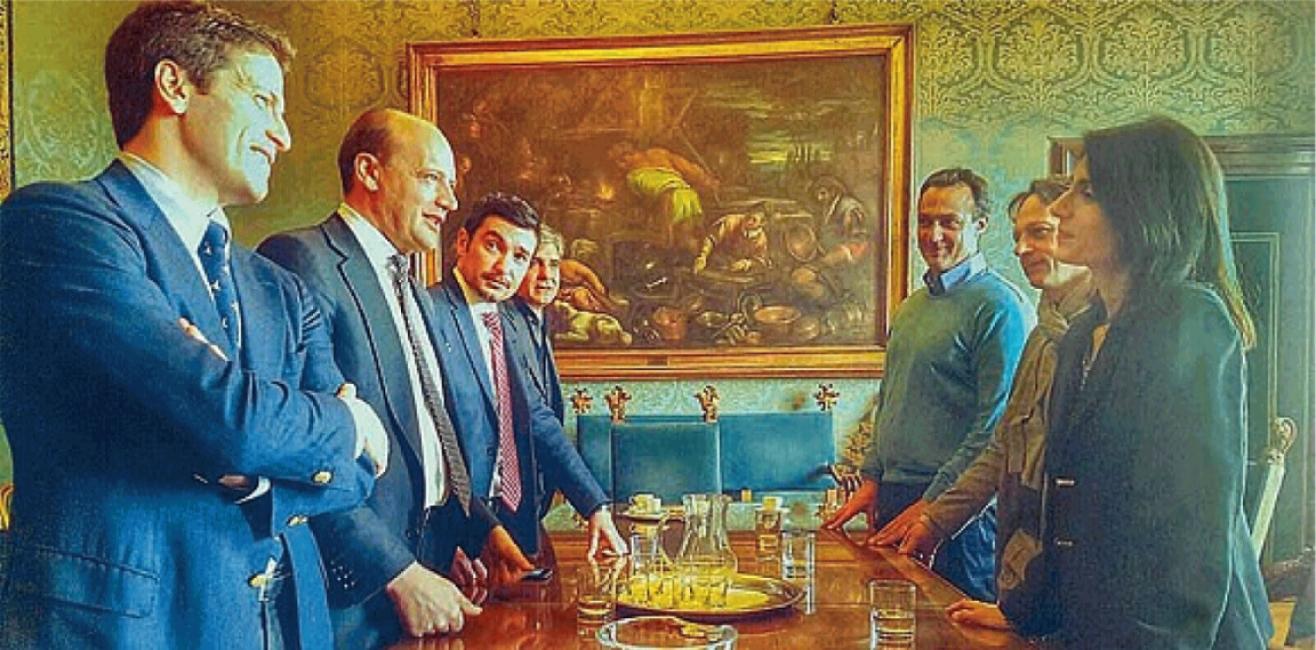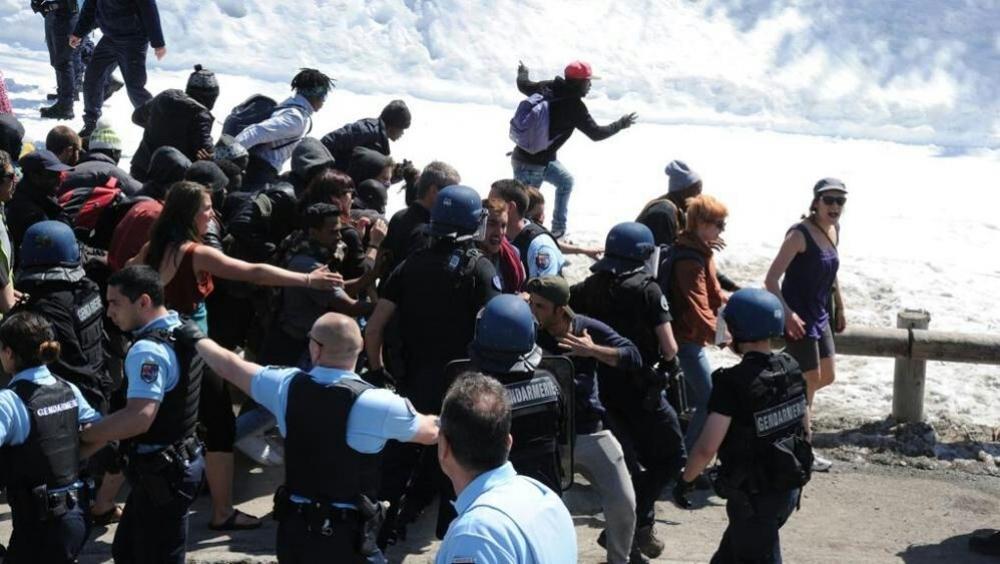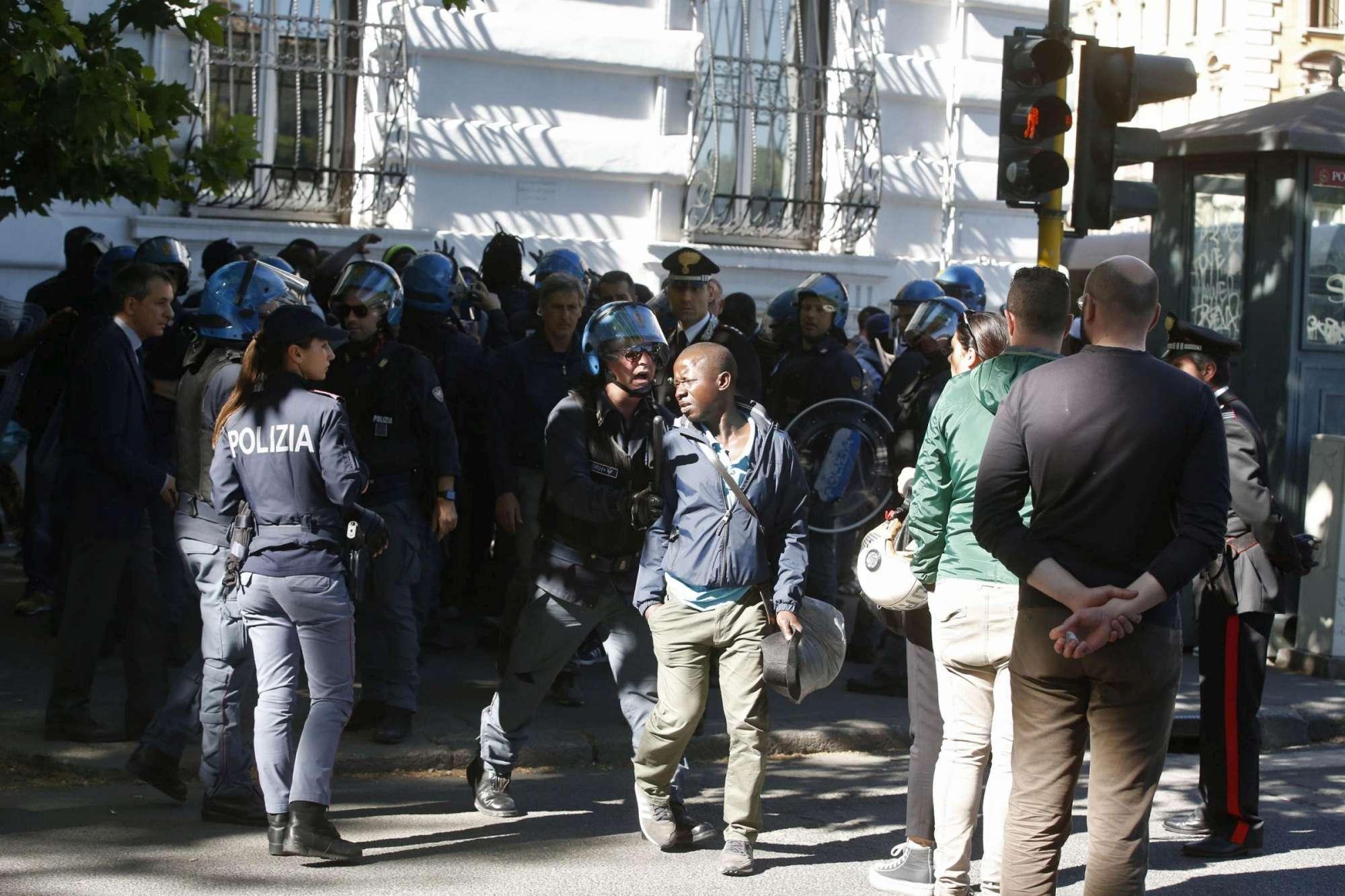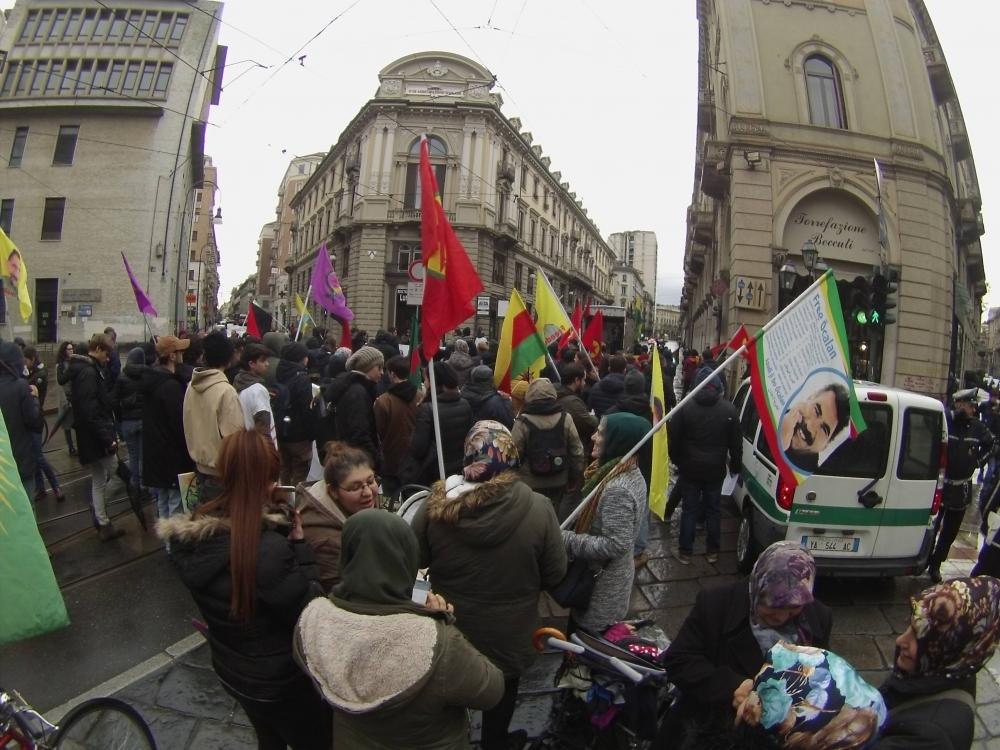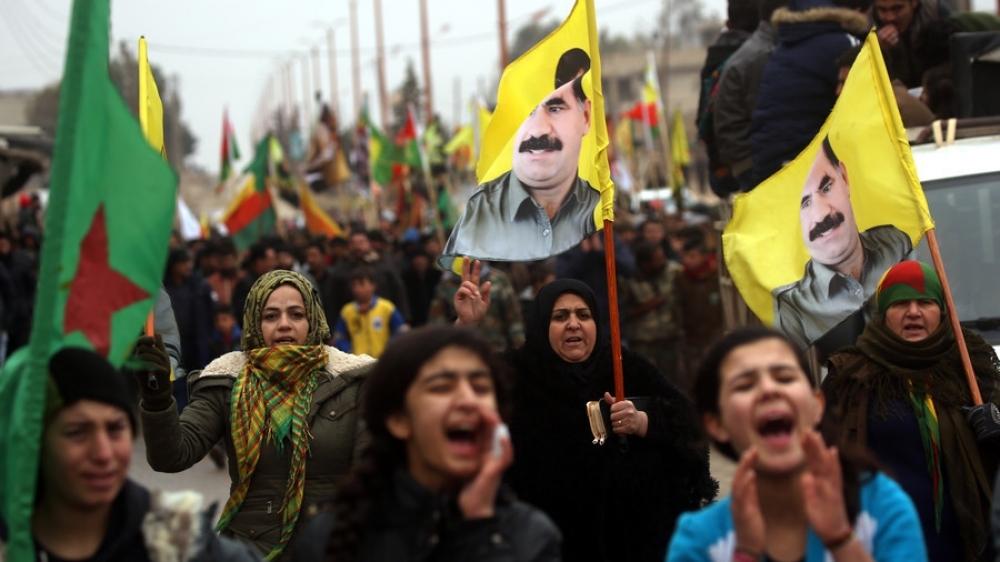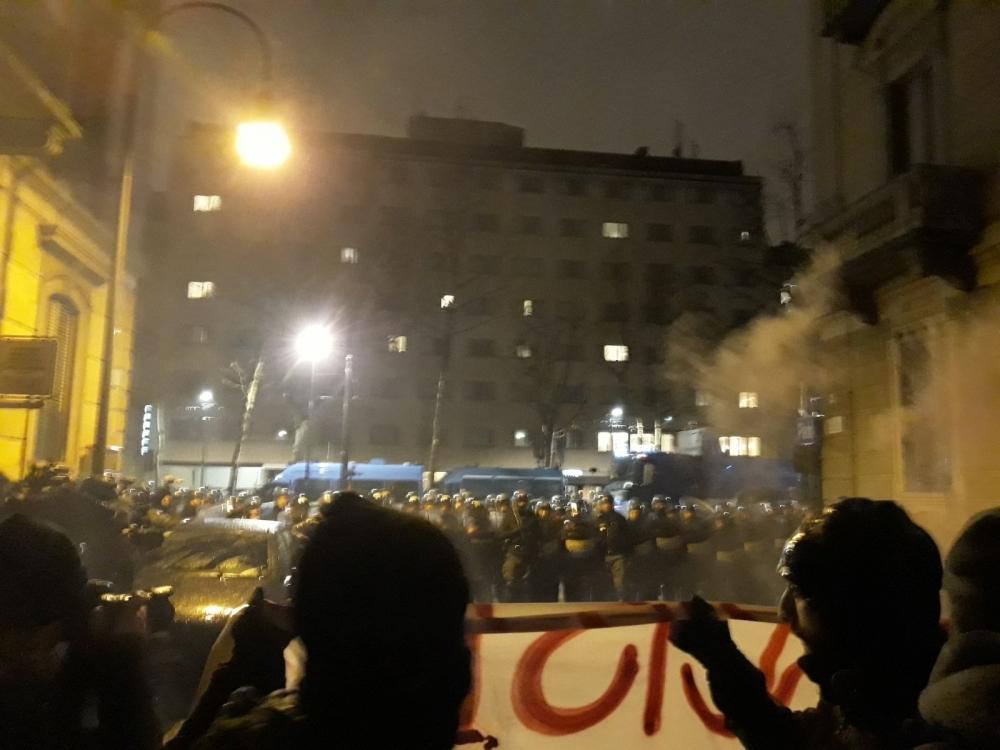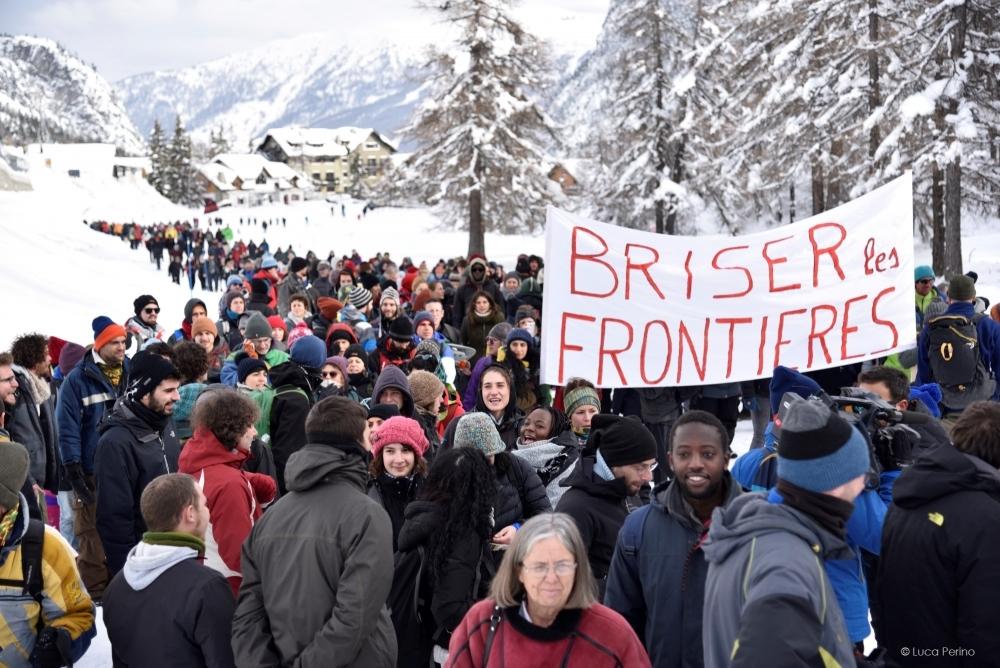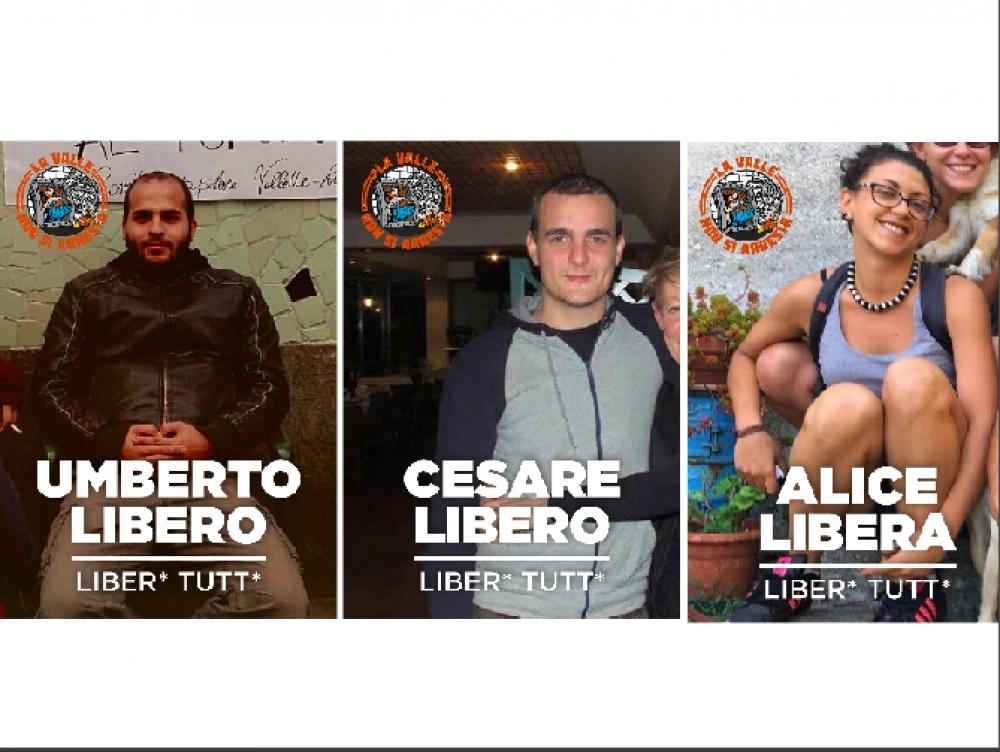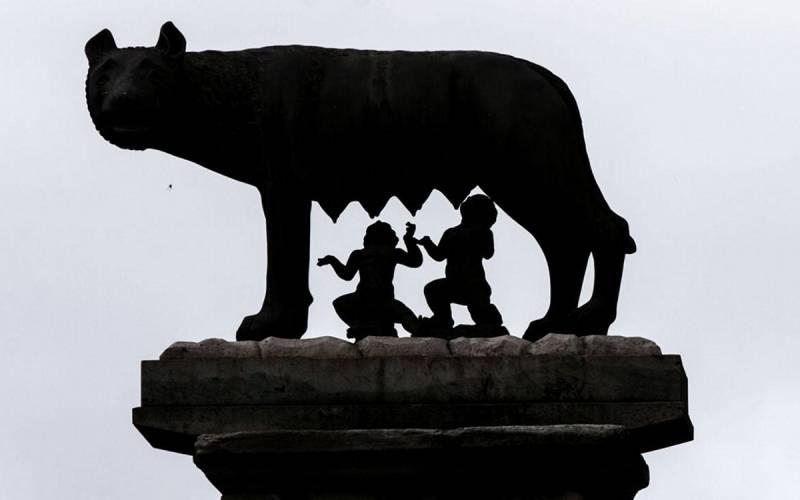
The neofascist mafia hands on Rome
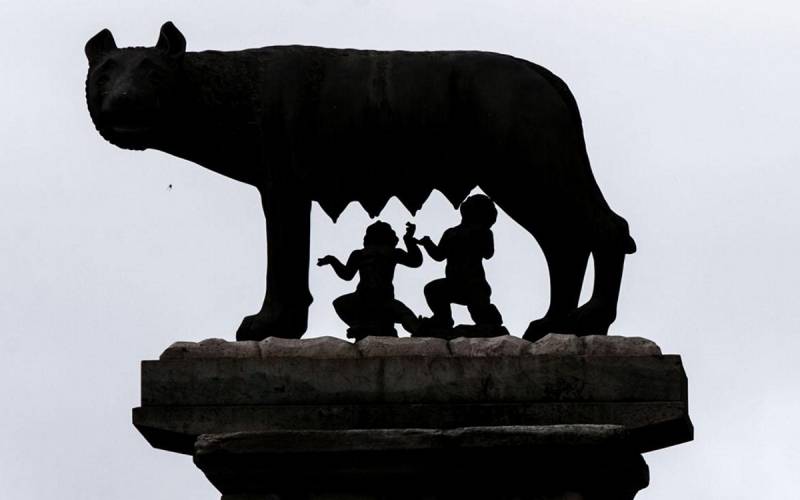
A judiciary inquiry on December 2 uncovered a massive ring of corruption in the capitol (dubbed ‘Mafia Capitale‘ by the media), arresting a total of 37 people among fascists, politicians from government parties, criminals, entrepreneurs, corrupt police officers, public and private managers and cooperative companies’ directors; with their leaders controlling tenders, aid and other flows of public assistance. It’s no news that the connection between the institutions and the neofascist parties (both traditional, like Forza Nuova, and apparently movement-like ones, like Casa Pound) enabled the latter to enjoy massive funding from their bankrollers in city (Alemanno cabinet 2008-2013) and regional government (Polverini cabinet 2010-2012) through a number of associations and legal businesses. It is no news either that neofascist characters merged with existing organized crime syndicates and gangs or formed all-new ones, plaguing entire territories as in the case of the Ostia litoral neighbourhood. The legacy of a local crime gang, the infamous Banda della Magliana (which was also glorified by literature and spectacle adaptations), helped a handover between old and new fascists involved in these criminal activities.
Now a further step was achieved by the neofascists as they pictured and imposed themselves, through blackmail and violence, as brokers and mediators of money and favours of the “mondo di mezzo” – “Middle-Earth”, in an amateurial reference to Tolkien’s Lord of the Rings (a book whose epic was widely exploited by the Italian fascists in the seventies). Namely, that grey area between the “upper world” of institutional power and the “underworld of the dead”, the bottom of society.
But what about the ringleaders? The kingpin Massimo Carminati, a former member of the fascist terrorist gang Nuclei Armati Rivoluzionari (NAR) is a shadowy character from Italy’s recent past. His name echoes in the cases of the vile murders of Valerio Verbano (a Roman member of Autonomia Operaia), Fausto Tinelli and Lorenzo Iannucci (early members of the Leoncavallo social center in Milan), all of whom were inquiring about fascist activities and connections in business and politics. He was also involved in the cover-up of the Bologna Station massacre, in which his fellows Valerio Fioravanti and Francesca Mambro detonated a bomb that killed 85 people and wounded more than 200, and in the murder of the controversial journalist Mino Pecorelli. He then joined the Banda della Magliana (being iconized as “The Black” for his role in connecting it with fascist groups) and was involved in a number of swindles, burglaries and other offences (featuring other mafia syndicates and power brokers) always being cleared from accusations or being given very light convictions.
Salvatore Buzzi, a former inmate, is the boss of the 29 giugno cooperative, a services’ company and one of the biggest in the Capitol. He was also a prominent character in the national LegaCoop (League of Cooperatives) hierarchy and a close figure to its former boss, the current Labour and Welfare minister Giuliano Poletti. Poletti in 2010 was pictured attending a dinner with Buzzi and a number of other people indicted in the Mondo di Mezzo inquiry. Buzzi’s arrest vindicated the claims of the Italian logistics’ labour struggle movement when it made a parallel between LegaCoop and Mafias, while picketing many LegaCoop companies’warehouses in the past year.
The duo enjoyed powerful contacts and friendships. One of these being Luca Odevaine, the former councilman for public security of the centre-left Veltroni administrations and head of Roman provincial police, until now working at the national coordination for refugees of the Ministry of the Interior. His role in the management of the migrant centers, channeling public money towards friendly cooperative companies is clarified in this article, and it is very explicit about the connection between law-and-order policies, migrants’ and migrations’ governance and segregation, and welfare and assistance economy. He also tried to lobby the government in order to be granted funds for assisting the infamous Mare Nostrum Mediterranean patrol operation and to secure the management of various Italian migrant care centers for Buzzi’s cooperative (“we can make a lot more money with migrant care than with drug trafficking!” – the latter said).
Other connections in the Carminati network point to Daniele Ozzimo, the Marino administration councilman for labour and housing. Not only he did carry out a large number of evictions (while never touching the urban blight of the countless vacant condos built by real estate speculators such as Francesco Gaetano Caltagirone), but ‘Mafia Capitale’ was ready to rent their own buildings to the township in order to make money from the housing emergency – as reported by the Repubblica daily. And one of the biggest sponsors of the ring was the former mayor of Rome Gianni Alemanno, another fascist politician that once joined Berlusconi’s Popolo delle Libertà party and managed to be elected at the top post of the capitol with a platform championing security and legality issues after two years of media paranoia against migrants’ crimes. His first meeting with Carminati and Buzzi was in the Rebibbia Roman jail in the eighties, while serving a prison term there.
Each of these characters represent an equally hideous face of the powers that are oppressing our country, and many others are still under judicial inquiry or are likely to be arrested in the next days. Yet, this inquiry represents an attempt to restructure power balances in the upper institutional networks (after all, control over billions-worth tenders and cash flows is at stake) and even, possibly, a consequence of the feuds through the Democratic Party ranks. For example, the pressure on mayor Ignazio Marino (an outsider elected with a small turnout in local elections, after having being chosen to run because of his distance from party apparata) seems to having been a bit relieved; and the involvement of some politicians close to former mayor Valter Veltroni may hint to a move to get in the way of his run for the Presidency of Republic. Still, we cannot pinpoint yet the true goals of some components of the Italian judiciary, one of the most connected with the political power in the world.
Certainly, no political party who ruled capitol or regional bodies in the past years is at a safe distance from the Carminati network business. Thus, in spite of media attempts to focus on the criminal connection between former far-right and (allegedly) “far-left” characters, the issue of institutional corruption came out once again – with the civic-populist Five Star Movement being too weak and plagued by internal purges to be able to exploit it, to represent a serious competitor for the parties, or to absorb the popular rage against the system anymore.
The biggest chance that struggling Italian movements against racism and for housing rights can seize now, to help preventing new pogroms and media scaremongering campaigns, is clear. The fascists and the corrupt cooperatives that gradually came in control of migration policies and aid were the same that fuelled pogroms against migrants like in Tor Sapienza, in a vicious supply chain of hate and money. A first warning was given to them during the December 12 general strike, as housing struggle movements occupied a building owned by Mafia Capitale, which was promptly evicted by the police; and a second one the next day, when a celtic flag was stolen from fascists and burnt down in a mass antifa and housing rights’ demonstration in northern Rome. The retake of the city from Mafia Capitale’s black hands has just begun.
Ti è piaciuto questo articolo? Infoaut è un network indipendente che si basa sul lavoro volontario e militante di molte persone. Puoi darci una mano diffondendo i nostri articoli, approfondimenti e reportage ad un pubblico il più vasto possibile e supportarci iscrivendoti al nostro canale telegram, o seguendo le nostre pagine social di facebook, instagram e youtube.











